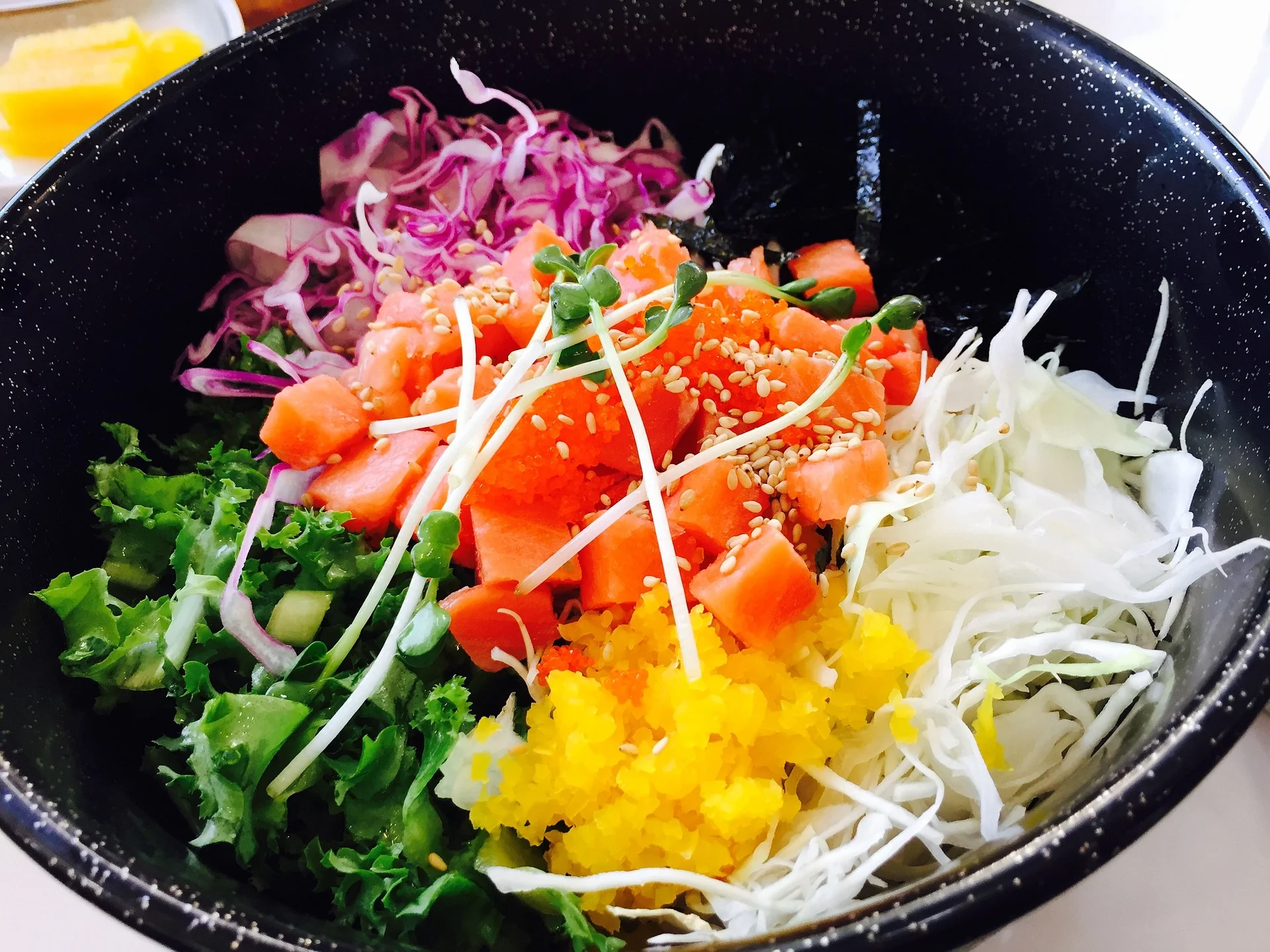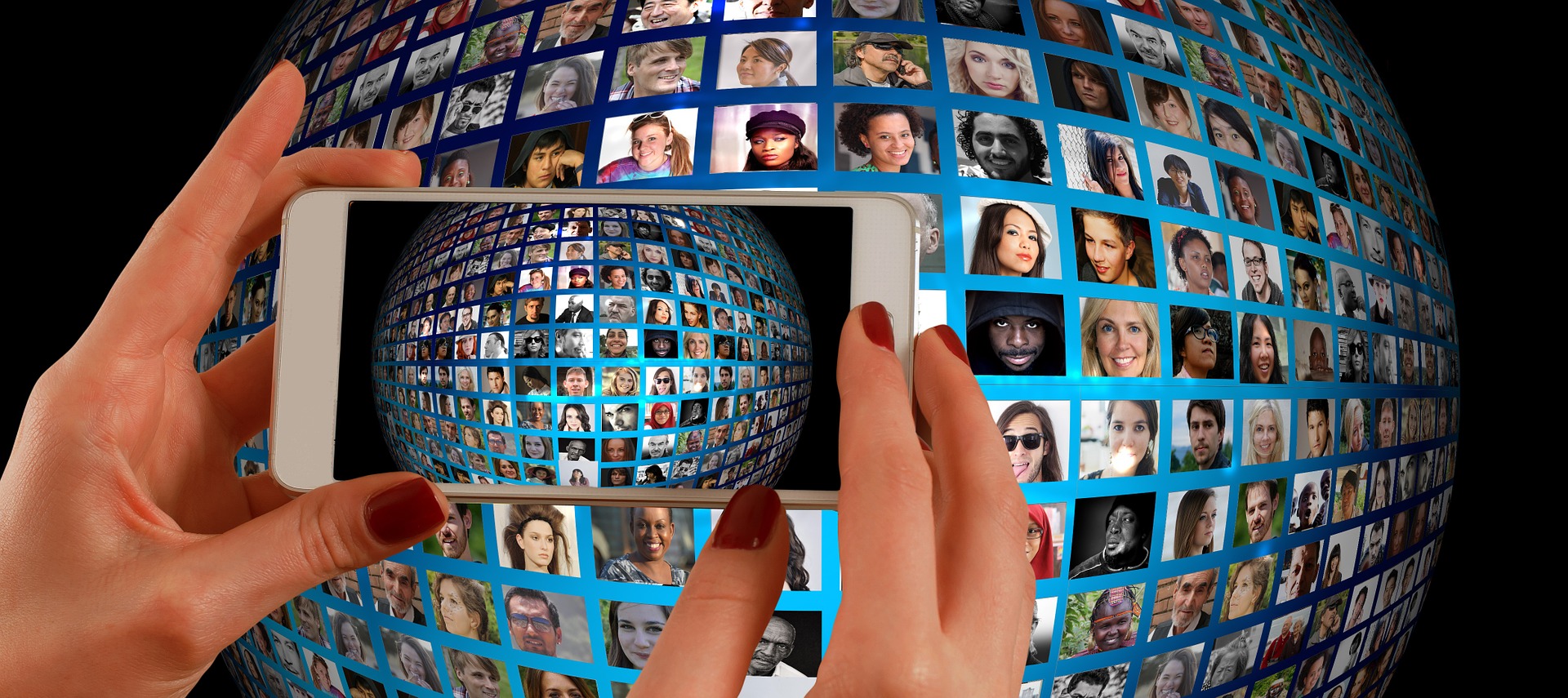Tired of Posting on Social Media? Yeah, Me Too. So I Stopped.
Something about social media never quite sat well with me.
Is it the fads and the pretentious-ness?
Had a bowl of raw fish doused in soy sauce on brown rice and surrounded by ‘super-colourful’ shredded vegetables for lunch? So has its culture of origin, for a long time.
What about that dessert made with a purplish ‘berry’ that is touted to be one of the greatest ‘superfoods’ around? Just to let you in on a little fact - the fruit of the Açaí palm is a drupe, not a berry. You’ll also get similar nutrients if you regularly consume colourful fruit and vegetables. And the reason you’re paying so much for it is due to marketing hype.
And please don’t get me started on the drink that costs as much as a meal, made with milk (which you can easily get from any supermarket) and black sugar (easy to get on a nearby island off the most populous country in the world).
Maybe it’s the narcissism.
Five selfies of yourself at different angles in the same spot, accompanied by a post like ‘Shrimp cocktails are my favourite appetiser.’ that has nothing to do with the picture? About as much sense as using chopsticks for picking up water.
Or perhaps it’s just the sheer volume of it all.
Over and over, the same types of mundane, senseless, boring posts surface and flood our devices. I found that I read about 10% of the ‘posts’ that come up on my Facebook timeline, maybe 15% of my Instagram feed. If even that. I’ve never seen the point of Twitter.
And yet, I keep hearing people tell me how important it is to post regularly on social media, how it has brought them leads and clients, how it is essential to maintaining an engaged audience.
And they’re not wrong. It’s true. These aren’t opinions. They do work. In some cases, very well indeed.
And yet, I couldn’t escape from this growing thought that I had - social media, at least the version of it that I saw, held vastly different values from me.
I’m not interested in putting my life on display, much less hope that others will find it even vaguely interesting. I’m quite satisfied just knowing that I’m interested in what I’m interested in.
I don’t see the need to tell everyone what I’m thinking all the time.
Validation? No, I hardly care whether others like what I say. More often than not, they don’t, because I like to look at an issue from multiple points of view while a large number of people just want to keep the narrative they have in their heads.
So I did what I thought was most logical. I stopped posting for the sake of posting.
And now, I feel free. I no longer have the nagging thought of ‘It’s been 3 days since I last posted something! Get something on the web before you are forgotten!’
I did post a couple of pictures on Instagram a few days ago (or has it been a week?) only because I felt like it. And I noticed that the engagement level of each post wasn’t very different from when I posted (more) regularly.
Which means to say that nobody particularly cares whether you’re posting or not. I’d say that’s because there are lots of posts anyway. Yours, unless you are some sort of celebrity or public figure, hardly makes a blip on others’ radar.
One thing heartened me, though.
A very few people noticed. And they, in a concerned tone, asked me about my absence. I didn’t tell them all the underlying thoughts I mentioned here, but I am grateful that they cared enough to ask.
It gave me a slightly different perspective on this whole social media thing.
My posts don’t matter to the vast majority of people. But they have managed to capture the notice of a very few.
And because I recently had an epiphany, which I’ll talk about in my next post, I’m not about to quit social media. I will, however, be posting only with a purpose, not just to satisfy the ever-hungry content machine.








